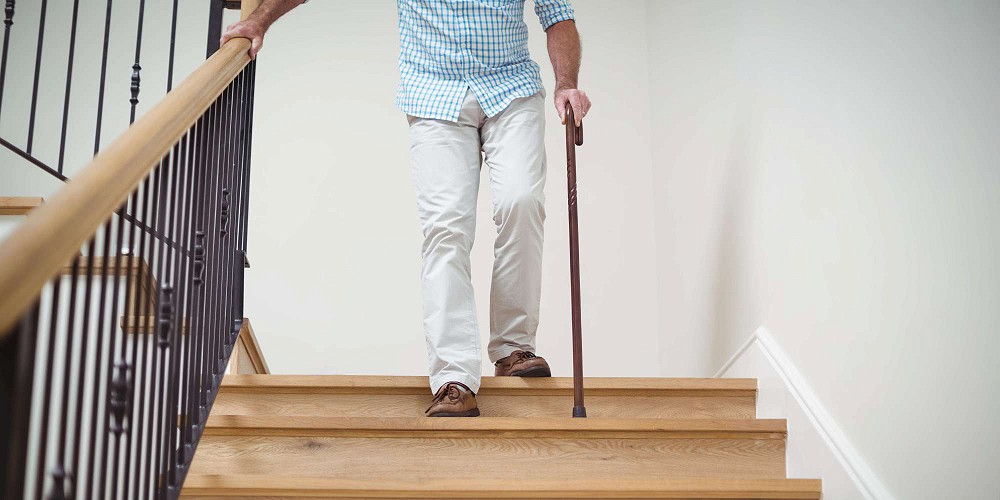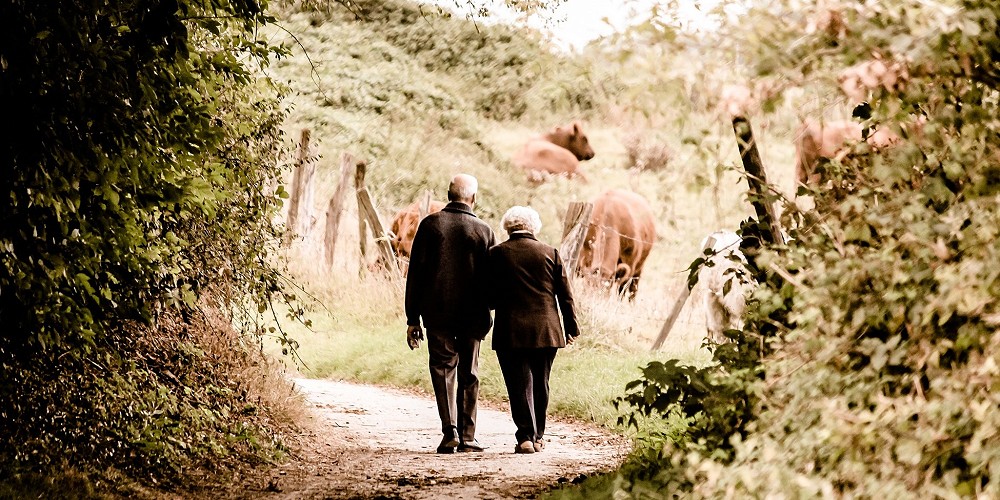Assessment & Treatment of Post Concussion Syndrome
Article by Amy Finlay
Take a look at the latest information on the management and treatment of Post Concussion Syndrome (PCS).

Post Concussion Syndrome (PCS) is a condition with a cluster of symptoms that varies between individuals.
This condition can last for weeks or years following a mild traumatic brain injury (i.e., a concussion).
What are the Symptoms of PCS?
Symptoms of PCS can include:
- Headaches
- Dizziness
- Fatigue
- Irritability
- Sensitivity to light and sound
- Ringing in the ears (tinnitus)
- Blurred vision
A concussion is defined as a mild traumatic brain injury, typically after a blow to the head. However it can also result from a violent jarring of the head or body.
Loss of consciousness does not have to occur to result in a mild brain injury.
What Causes Post Concussion Syndrome?
PCS is believed to occur as a result of damage to the brain experienced with mild traumatic brain injury, as well as damage to the messaging component of the nervous system.
There is also believed to be a psychological or mental health component to PCS as the symptoms-such as fatigue, headaches and dizziness are also commonly related to conditions such as Depression and Post Traumatic Stress Disorder.
Assessment and Treatment of PCS
An extensive assessment of the Neck, Visual system, Balance system, and Vestibular system should be completed when Post Concussion Syndrome is being considered as a diagnosis.
Neck (Cervical) Assessment
Tension in the Cervical musculature or dysfunction can contribute to dizziness or other symptoms in PCS. This area should be treated appropriately to optimize function; physiotherapy treatment typically includes manual therapy, acupuncture, exercise prescription and other modalities for pain management.
Visual System Assessment
Physiotherapy assessment can include basic eye function tests including tracking, pursuit, Vestibular Ocular Reflex, and Convergence. Physiotherapy treatment includes appropriate exercise prescription for specific eye function as well as education regarding pacing and planning to limit overstimulation of this body system.
Balance/Vestibular Assessment
Physiotherapy assessment should also include balance, gait analysis, and inner ear testing (vestibular) such as the Dix Halpike. Treatment includes, but is not limited to, exercise prescription, education on pacing, and repositioning techniques when appropriate.
The goal of treatment after concussion is to effectively manage your symptoms.
References
- McGuire, Shannon PT, Concussion Management Workshop Level 1, Concussion Rehab Works: A Division of Adkins Works Inc. April 2019
- www.mayoclinic.org/diseases-conditions/post-concussion-syndrome/symptoms-causes/syc-20353352
You May Also Like...
-
 ArticleView Post
ArticleView PostLiving with Osteoporosis: What To Do For Better Bone Health
Osteoporosis is a disease characterized by low bone mass and deterioration of bone tissue, which can lead to increased risk of fracture.
-
 ArticleView Post
ArticleView PostIs warming up before physical activity necessary?
YES! Warming up your body before physical activity is recommended for many, great reasons.
-
 ArticleView Post
ArticleView PostAcute Whiplash Injury Management
What is whiplash? Whiplash is an injury to your neck. It is caused by your neck bending forcibly forward and then backward, or vice versa.